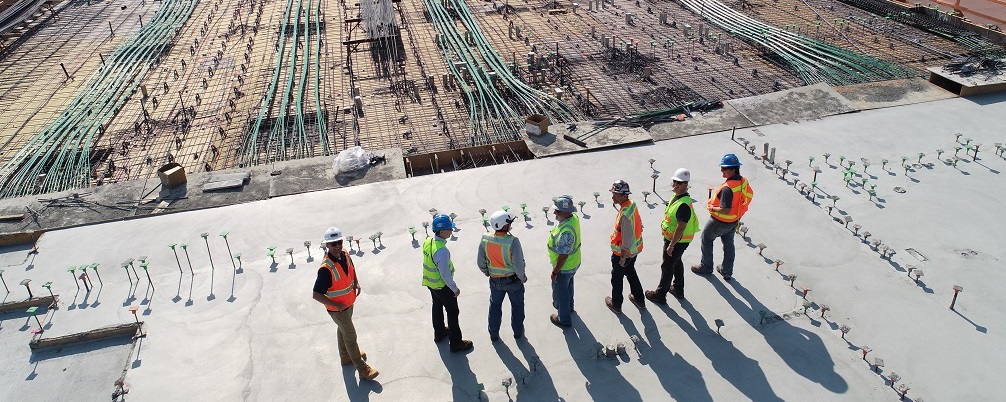
Construction Industry Vulnerabilities
Construction industry vulnerabilities not only hurt construction companies, but employees and customers as well. Without proper risk management in the industry, people can get hurt, projects may be subpar and companies can easily go under.
Managing construction industry risks helps to drastically reduce the number of incidents and issues. It also creates a more reputable and ethical industry overall.
Ignoring New Regulations
It’s the responsibility of construction companies to adhere to all rules and regulations for the area they’re working in. Sometimes, it’s a simple matter of not knowing a regulation exists when you’re working in a different city or state than you’re used to.
Proper risk management involves researching regulations before starting a project. After all, regulations are in place to protect workers and customers.
Too Much Demand To Handle
Every construction company wants to earn more. However, a common issue is taking on more work than a single company can handle at one time. Instead of providing the same quality of work to each project, the company has to divide its workers and equipment among the various projects. The employees are then pushed to complete projects in an unreasonable amount of time. The end result is low-quality work and over-stressed employees.
Construction industry risk management involves knowing exactly how much work a company can handle and creating realistic schedules.
Too Much Competition
One of the top construction industry vulnerabilities is competition. In fact, this industry has grown by 8.3% between 2014 and 2019. This leads companies to take on too many projects, bid too low, attempt to rush through projects and hire unskilled workers. The only way for companies to be profitable when attempting those strategies is to buy subpar supplies, cut corners and pay low wages. Safety is commonly overlooked as well.
Better planning, improved scheduling and better productivity are the best ways to handle competition. Sadly, productivity hasn’t improved in the industry in roughly 80 years. Creating a reputation for quality work is better than getting caught doing unethical work that leaves people at risk.
Shortage Of Qualified Labor
The construction industry remains vulnerable to risks due to a shortage of unqualified labor. Despite 79% of American construction companies needing to hire more employees, it’s estimated that the industry will only be able to fill positions by .5% each year over the next decade. That’s not nearly enough to keep up with demand.
In order to stay competitive, construction companies often settle for unskilled labor. Without the proper training, they can’t do the job correctly. This is a major risk, but many companies don’t have much of a choice. Otherwise, the skilled employees are too overworked to stay in the industry.
A focus on providing on-the-job training is crucial to solving this crisis and reducing risks.
Unprotected Job Sites
One commonly overlooked vulnerability is unprotected job sites. Despite seeming cheaper, it’s more cost-effective to secure job sites. Otherwise, equipment is stolen, materials are damaged, structural issues are a possibility and employees don’t feel safe.
Overall, the construction industry must improve risk management. It’s the job of all employees to report any issues they see or experience. To make it easier, every company should have an anonymous whistleblower hotline to improve the industry.
